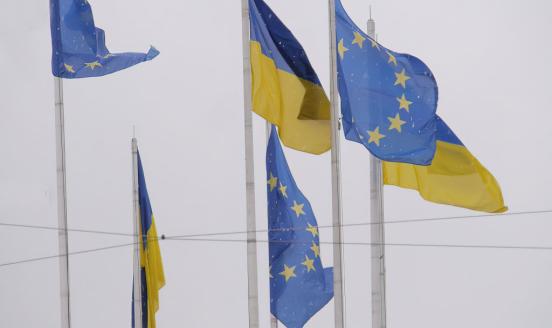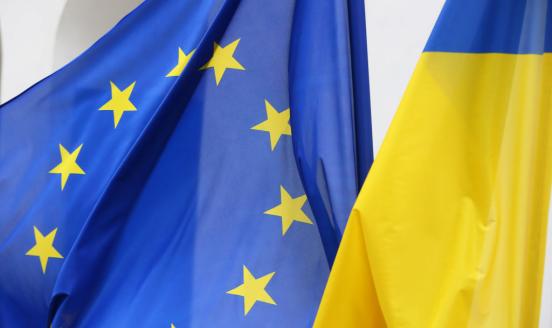Central Asia at 25
After a decade of growth based on hydrocarbon booms, Central Asian countries are faced with increasing challenges to complete their transitions to a m

Central Asia, though referred to as a single region, consists of five culturally and ethnically diverse countries that have followed different political and economic transformation paths in the last 25 years since independence from the Soviet Union.
After experiencing more than a decade of growth based on hydrocarbon booms, these countries are faced with increasing challenges resulting from falling commodity prices, declining trade and lower migrant remittances. The main policy challenge is to move away from commodity-based growth strategies to macro-oriented diversification and adoption of a broad spectrum of economic, institutional and political reforms. However, structural diversification is easier said than done.
Our analysis suggests five key policy lessons that could serve as points of departure as these countries move ahead.



